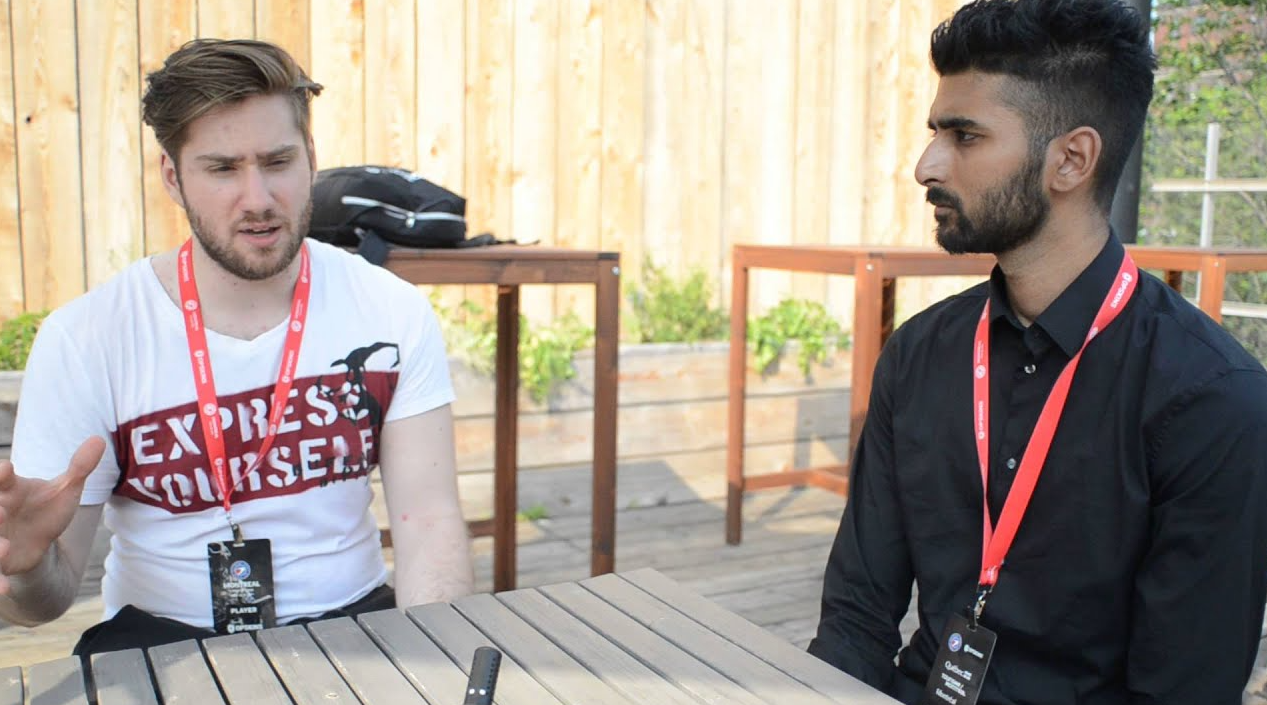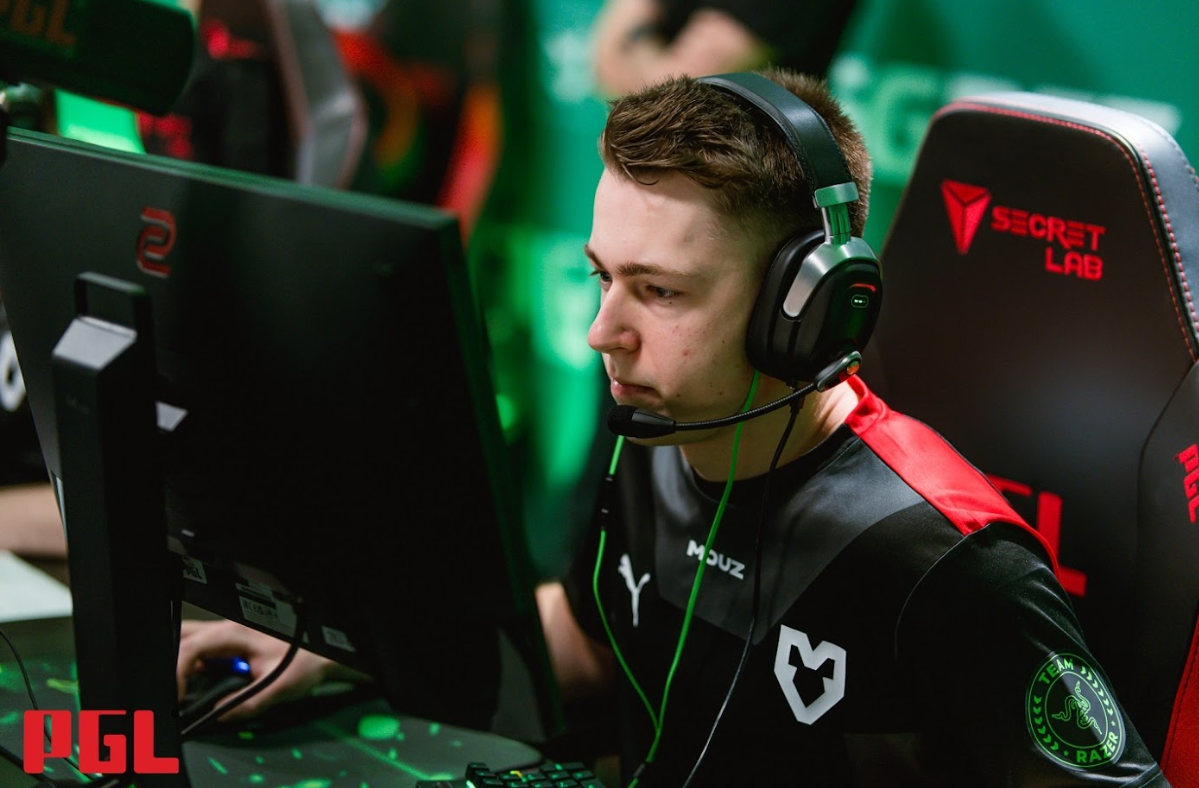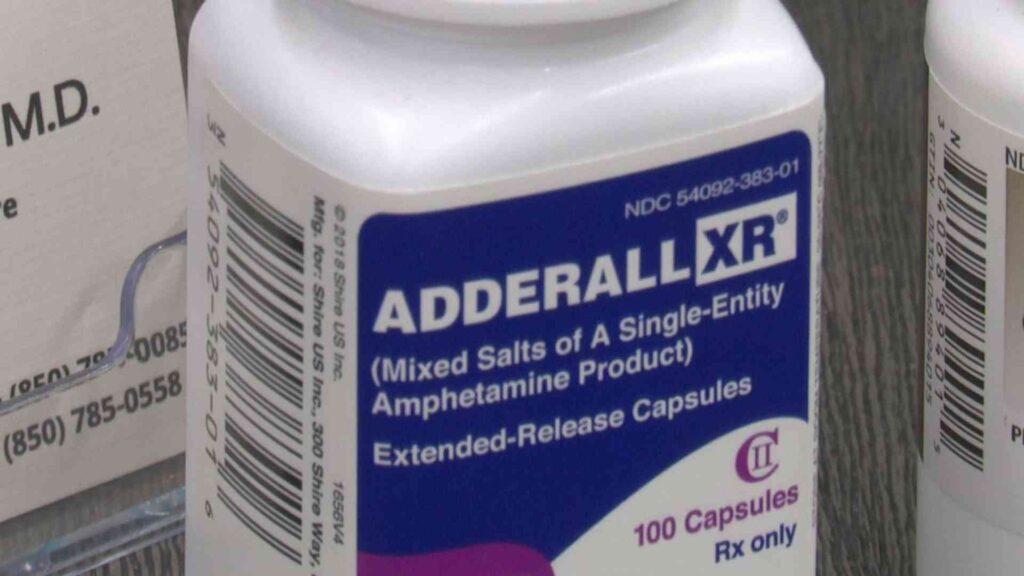“I don’t even care. We were all on Adderall. I don’t even give a fuck.” The infamous quote uttered back in 2015 by then Cloud9 player Kory ‘SEMPHIS’ Friesen sparked the conversation around doping and substance abuse in CS:GO esports. Following the early debates on the issue, teams would undergo these anti-doping tests while at LANs, with Mousesports players being tested after beating Evil Geniuses 16-0 in the quarter finals of ESL Pro League Season 10 back in 2019.
Read more: Why are Katowice 2014 stickers so expensive?
Current Cloud9 IGL Vladislav “nafany” Gorshkov recently questioned where these tests have gone since then, stating that he has never been tested at any LAN he’s been to. With the conversation being brought back to the forefront, we take a look at the history of Adderall in esports and why it’s such a controversial topic.
 SEMPHIS’ comments sparked the conversation on adderall in CS
SEMPHIS’ comments sparked the conversation on adderall in CSCredit: launders.tv
Adderall is a drug traditionally used in treating Attention Deficit Hyperactivity Disorder (ADHD), being classed as a stimulant drug. Containing two separate drugs, amphetamine and dextroamphetamine, studies on Adderall have shown it can improve attention and focus, and reduce impulsive behaviors. Improved focus and a reduction in impulsive behaviors are clearly major elements one would look for in a CS professional player, however as former Halo semi pro Matthew ‘MellowMajik” Murphy, told the Washington Post: ‘it’s not some magical pill that instantly makes you amazing at a game. You still need the skills to compete.’
A major issue with the moderation of Adderall in esports is there’s no real research proving that the drug improves gameplay. According to the American Addiction Centers, Adderall doesn’t improve important skills in professional gaming such as cognition, decision-making and communication. As Murphy said, you still need the skills to compete, and with Adderall it appears to just provide an ever so slight competitive edge; helping players focus for extended periods. If a player wishes to use a drug like Adderall for a slight edge over their opponents, then they run the risk of falling into abusing the substance.
Side effects that arise from abusing Adderall can span from minor things such as difficulty sleeping, to far more dangerous consequences such as paranoia and hallucinations. The drug is considered to be high risk when it comes to abuse and dependency, leaving players who wish to use it for a competitive edge at risk of falling into its grips, unable to escape it.
Read more: CS:GO breaks all-time average players record
Following SEMPHIS’ comments, as of February 2016 tournament organizer ESL enlisted the Esports Integrity Commission (ESIC) to conduct drug tests. The list of prohibited substances remains on ESIC’s website, with the listed prohibited substances being allowed under a Therapeutic Use Exemption (TUE). The issue caused by imposing a ban on these substances is since Adderall, for example, is a prescription drug, obtaining a TUE with a prescription should be rather straightforward. With a drug as common as Adderall, it is not beyond the realms of possibilities to obtain a prescription for Adderall falsely and thus exploit this as a loophole.
Following nafany’s tweet, the question was raised around what has happened to ESL’s drug testing policy. According to Benjamin “blameF” Bremer of Astralis and former MOUZ player Aurimas “Bymas” Pipiras in response to nafany’s tweet, both confirmed they were tested following their quarterfinal clash at IEM Cologne last year.
 Bymas and the rest of MOUZ were drug tested following their elimination from IEM Cologne
Bymas and the rest of MOUZ were drug tested following their elimination from IEM CologneCredit: PGL/Joao Ferreira
Senior Vice President of Game Ecosystems at ESL FACEIT Group Ulrich ‘theflyingdj’ Schulze responded to provide some context on the organizational side of things. In his quote retweet, Ulrich stated: ‘We did doping tests at our events frequently all the way up to early 2020, and we are going to continue doing it – we simply had to get the infrastructure back up after the Covid period impacted both staff and facilities ESIC had previously used for this.’
With the worst of the pandemic behind us and international LANs back in full swing, this tweet seems to indicate the return of consistent drug testing newer players such as nafany have not experienced before.
Now with an understanding of what the drug is, why some players would want to use it, its side effects and how it is regulated in Counter-Strike the question is ‘ should Adderall usage in CS be considered a big deal? Liquid rifler Jonathan “EliGE” Jablonowski is of the opinion that it shouldn’t be, responding to nafany saying he was of the opinion that ‘until there’s some research that proves something can give an actual advantage in esports, i dont think it’s as big a deal.’
While EliGE is correct there’s been no evidence provided to prove Adderall gives any real advantage in esports, the detrimental effects of Adderall abuse are apparent. Call of Duty professional player Cuyler “Huke” Garland delved into his past in a YouTube video, outlining how abusing the drug negatively affected him while competing and the withdrawals after quitting. ESL’s policy on banning the drug may not impede an actual competitive advantage on the server, however it does begin to tackle the issue of players falling into addictive habits that can adversely affect their health.
Feature Image: WVLT


